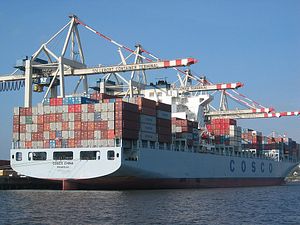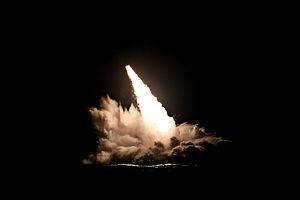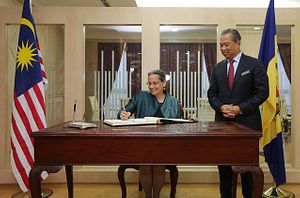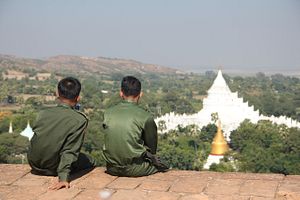By Catherine Putz
 In recent days, both U.S. special envoy Zalmay Khalilzad and Secretary of State Mike Pompeo have made comments that, at the very least, appear to temper expectations for an Afghan peace deal after weeks of unfulfilled rumors that a ceasefire was looming. This comes as recent report found that violence is at a high in Afghanistan despite the ongoing negotiations. Meanwhile, Afghanistan’s September presidential election results remain unfinalized and its top leaders at odds.
In recent days, both U.S. special envoy Zalmay Khalilzad and Secretary of State Mike Pompeo have made comments that, at the very least, appear to temper expectations for an Afghan peace deal after weeks of unfulfilled rumors that a ceasefire was looming. This comes as recent report found that violence is at a high in Afghanistan despite the ongoing negotiations. Meanwhile, Afghanistan’s September presidential election results remain unfinalized and its top leaders at odds.
On Saturday, Khalilzad arrived in Kabul after various meetings in Doha, Brussels, and Islamabad. He met, separately, with President Ashraf Ghani and Chief Executive Abdullah Abdullah.
The two Afghan leaders remain in contention over the results of last September’s presidential election. Preliminary results, announced in December, pegged Ghani as the winner by a tiny margin (50.6 percent). Khaama Press reported this week that the Independent Election Complaints Commission (IECC) had announced it would put out official results within the week. From Khaama Press:














